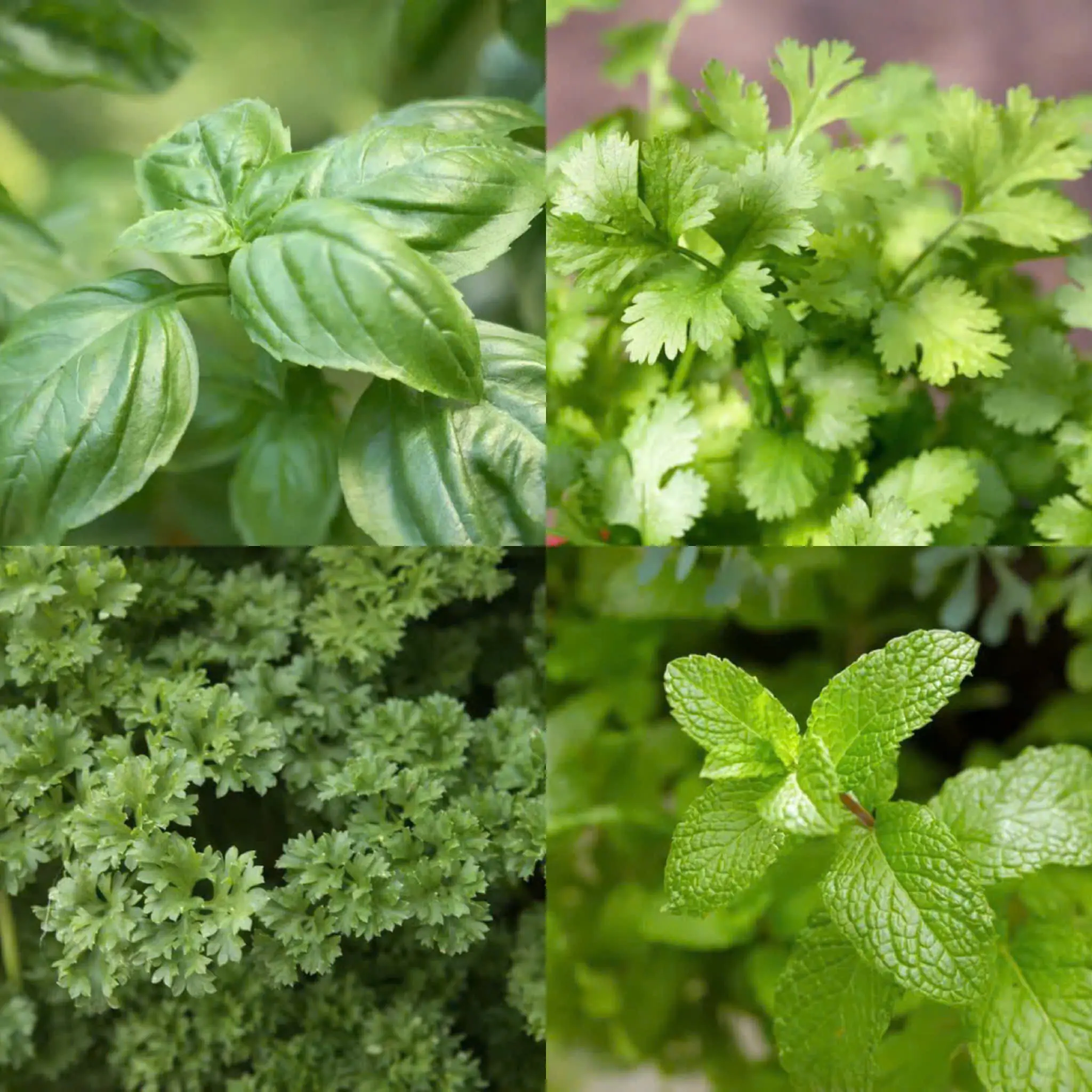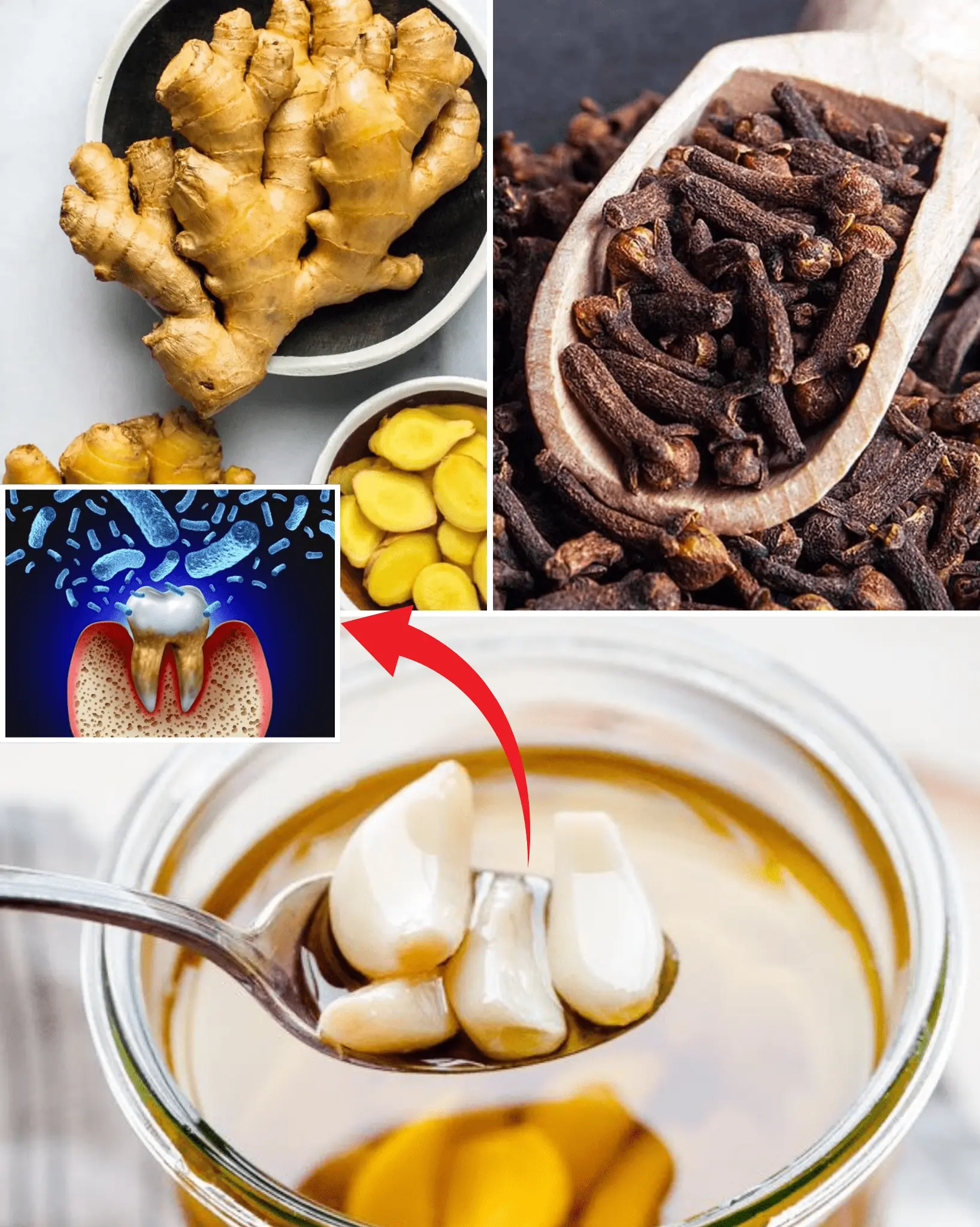
Breathe Easy with Euphorbia Hirta – Nature’s Time-Tested Remedy for Respiratory Relief and Holistic Wellness!
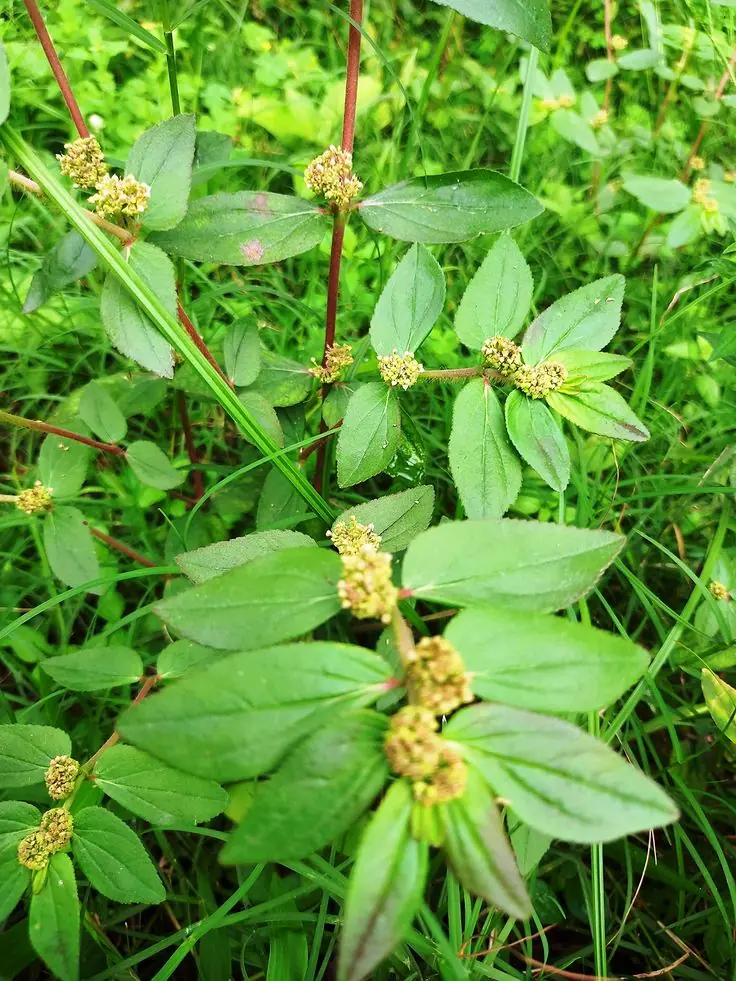
Euphorbia hirta (Asthma-Plant): Traditional Uses, Applications, and Benefits
Euphorbia hirta, commonly known as the asthma-plant, has been a cornerstone of traditional medicine across various cultures. Revered for its versatility, this herbaceous plant is celebrated not only for its role in treating respiratory ailments but also for its diverse applications in gastrointestinal, dermatological, and antimicrobial therapies. Below, we explore the traditional uses, methods of preparation, and the potential benefits of Euphorbia hirta.
Traditional Uses and Applications
Respiratory Health
One of the most well-known applications of Euphorbia hirta is in managing respiratory conditions.
- Asthma, Bronchitis, and Coughs:
Traditionally, the leaves are brewed into a tea or decoction, believed to possess bronchodilatory properties. This preparation may help relax bronchial muscles, reduce inflammation, and ease breathing in individuals suffering from asthma or bronchitis.
Gastrointestinal Benefits
Euphorbia hirta has long been used to support digestive health.
- Antidiarrheal and Anti-inflammatory:
A decoction made from the leaves is commonly used to alleviate diarrhea, dysentery, and symptoms of irritable bowel syndrome (IBS). The herb's ability to reduce gastrointestinal spasms makes it a traditional remedy for maintaining a healthy digestive system.
Dermatological Applications
For skin-related issues, Euphorbia hirta offers promising benefits:
- Wound Healing and Skin Conditions:
When applied topically as a paste or infusion, the plant has been used to treat warts, boils, and rashes. Its antimicrobial and anti-inflammatory properties may contribute to faster healing and reduced skin irritation.
Antimicrobial and Immune Support
The herb’s natural compounds exhibit broad-spectrum antimicrobial properties:
- Fighting Infections:
Euphorbia hirta has been traditionally employed to combat bacterial, fungal, and viral infections, making it a potential natural remedy for maintaining oral, digestive, and urinary tract health.
Pain Relief and Anti-inflammatory Effects
- Alleviating Discomfort:
The analgesic and anti-inflammatory properties of the plant are used in traditional medicine to relieve joint pain, muscle strains, and headaches. Typically, a tea or topical poultice is applied to affected areas to reduce pain and swelling.
Antipyretic (Fever-Reducing) Properties
- Cooling Effects:
In many traditional practices, a tea made from Euphorbia hirta is consumed to lower fever. Its natural compounds are thought to have a cooling effect on the body, aiding in the management of high body temperatures.
Urinary Tract Support
- Diuretic Action:
Euphorbia hirta is also reputed to help with urinary tract disorders, including infections and bladder inflammation. Its diuretic properties encourage the production and flow of urine, potentially aiding in the elimination of toxins and pathogens.
Antioxidant Benefits
- Cellular Protection:
With its rich content of bioactive compounds, Euphorbia hirta may help combat oxidative stress. The antioxidant properties support cellular regeneration and protect against the damage caused by free radicals.
Methods of Preparation
Tea or Decoction
- How to Make:
Fresh or dried leaves of Euphorbia hirta are boiled in water for several minutes. After boiling, the liquid is strained to remove plant material, and the resulting tea is consumed. This method is most common for addressing respiratory, digestive, and febrile conditions.
Topical Applications
- How to Prepare:
For skin conditions or localized pain, the leaves can be ground into a paste and applied directly to the affected area. This poultice can help reduce inflammation, relieve pain, and promote healing.
Dosage and Administration
- Internal Use:
When used as a tea, it is typically recommended to consume one cup, two to three times daily, depending on the condition being treated. - External Use:
For topical applications, a small amount of the paste is applied to the affected area and covered with a clean cloth or bandage.
Safety and Precautions
While Euphorbia hirta has a long history of use in traditional medicine, it is important to exercise caution:
- Dosage Matters:
Excessive consumption may lead to unwanted side effects, and certain parts of the plant might be toxic in large amounts. - Consult Healthcare Professionals:
Especially for pregnant or breastfeeding women, individuals with chronic health conditions, or those taking medications, it is crucial to consult with a healthcare provider before incorporating Euphorbia hirta into your routine. - Monitor for Allergic Reactions:
As with any herbal remedy, start with small doses to ensure that you do not experience any adverse reactions.
Final Thoughts
Euphorbia hirta, the versatile asthma-plant, offers a fascinating blend of traditional wisdom and potential modern therapeutic benefits. From respiratory relief and digestive support to its antimicrobial and anti-inflammatory properties, this herbaceous plant is a testament to nature's healing power. While more scientific research is needed to fully validate all its uses, incorporating Euphorbia hirta into your wellness regimen—under professional guidance—can be a natural way to support overall health and well-being.
Embrace the age-old wisdom of Euphorbia hirta and explore its multifaceted benefits as part of a holistic approach to health. Remember to always use herbal remedies responsibly and in consultation with healthcare professionals.
Disclaimer: This article is for informational purposes only and is not intended as a substitute for professional medical advice.
News in the same category


Natural Collagen Powder for Glowing Skin

Boost Collagen Naturally with Beetroot: The Secret to Youthful Skin & Strong Joints
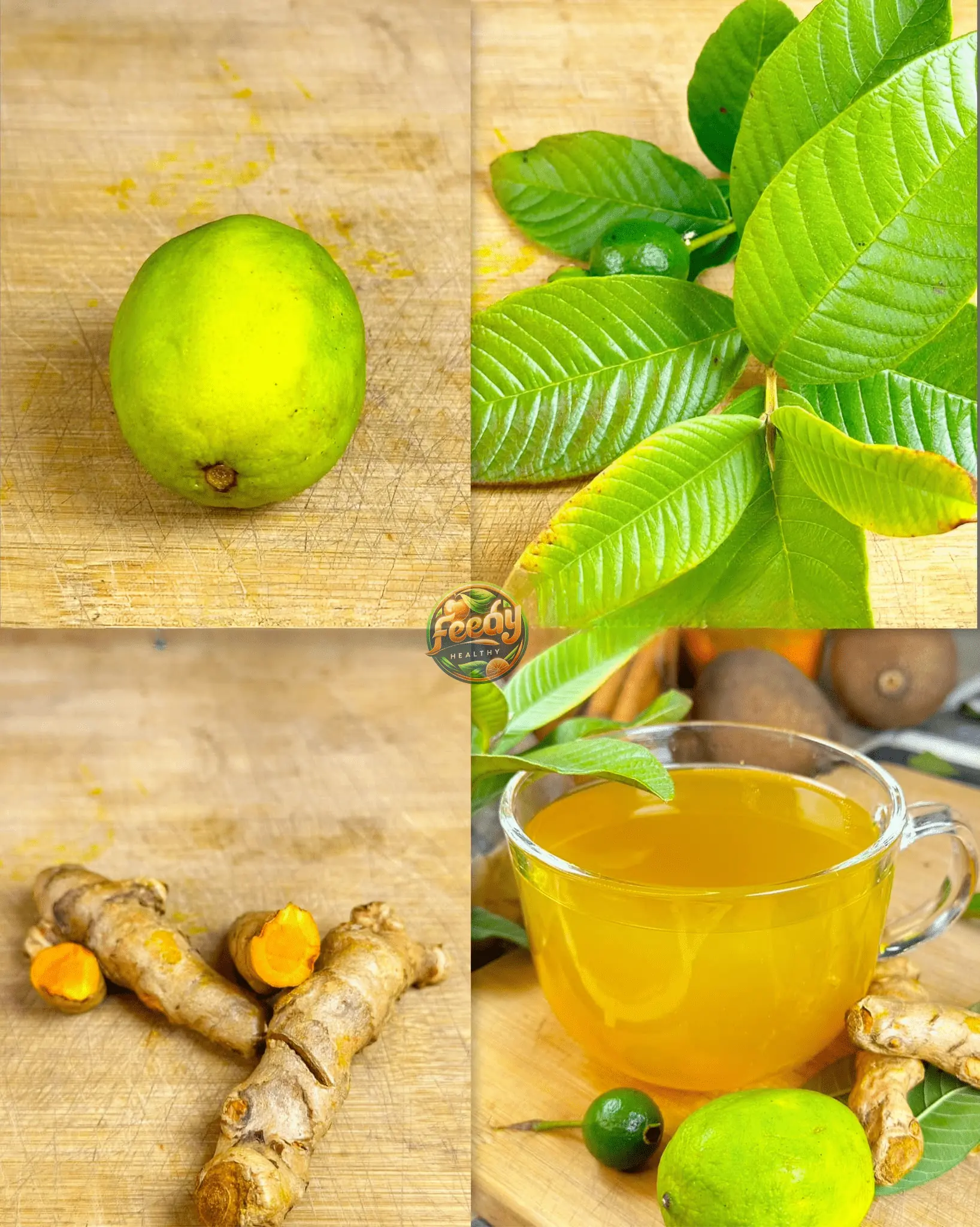
The Drink That Heals All Your Illnesses in the Blink of an Eye – Just One Sip and Feel the Difference!
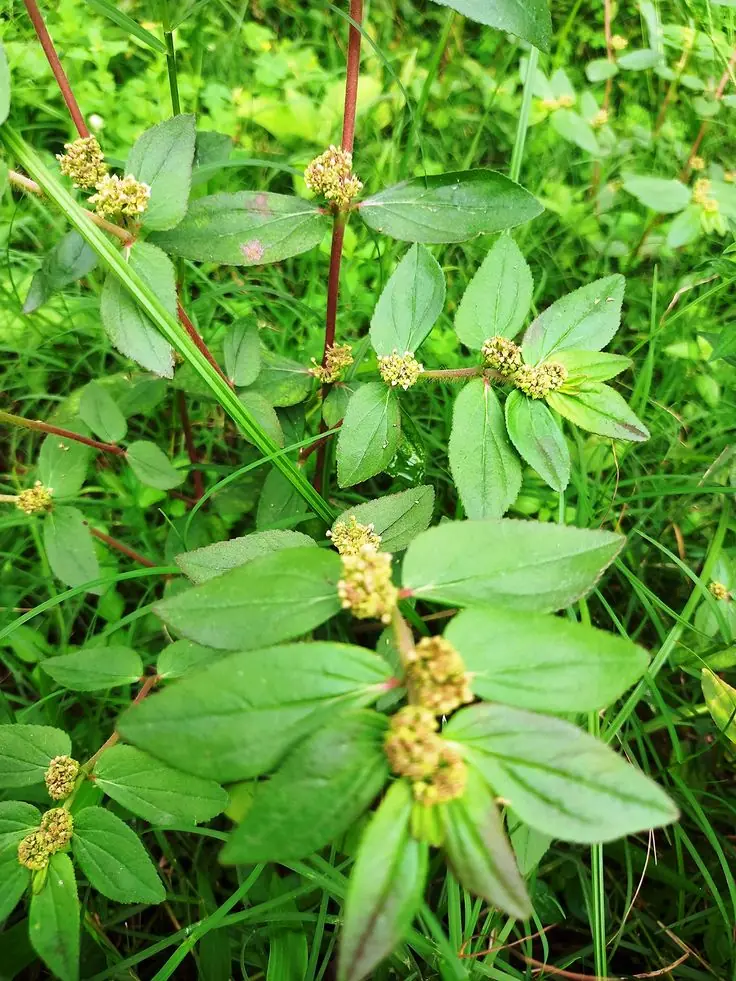
Breathe Easy with Euphorbia Hirta – Nature’s Time-Tested Remedy for Respiratory Relief and Holistic Wellness!

This is the drink that prevents prostate cancer, controls diabetes and poor circulation..

Unlock the Power of Garlic Before Bed – The Results Will Surprise You! 🌙💥 (Almost Nobody Knows!)
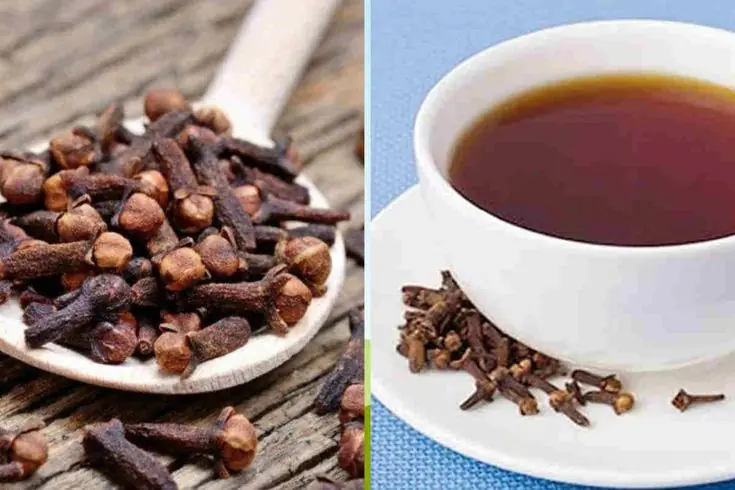
Drink Clove Water for a Whole Month And These 5 Things Will Happen
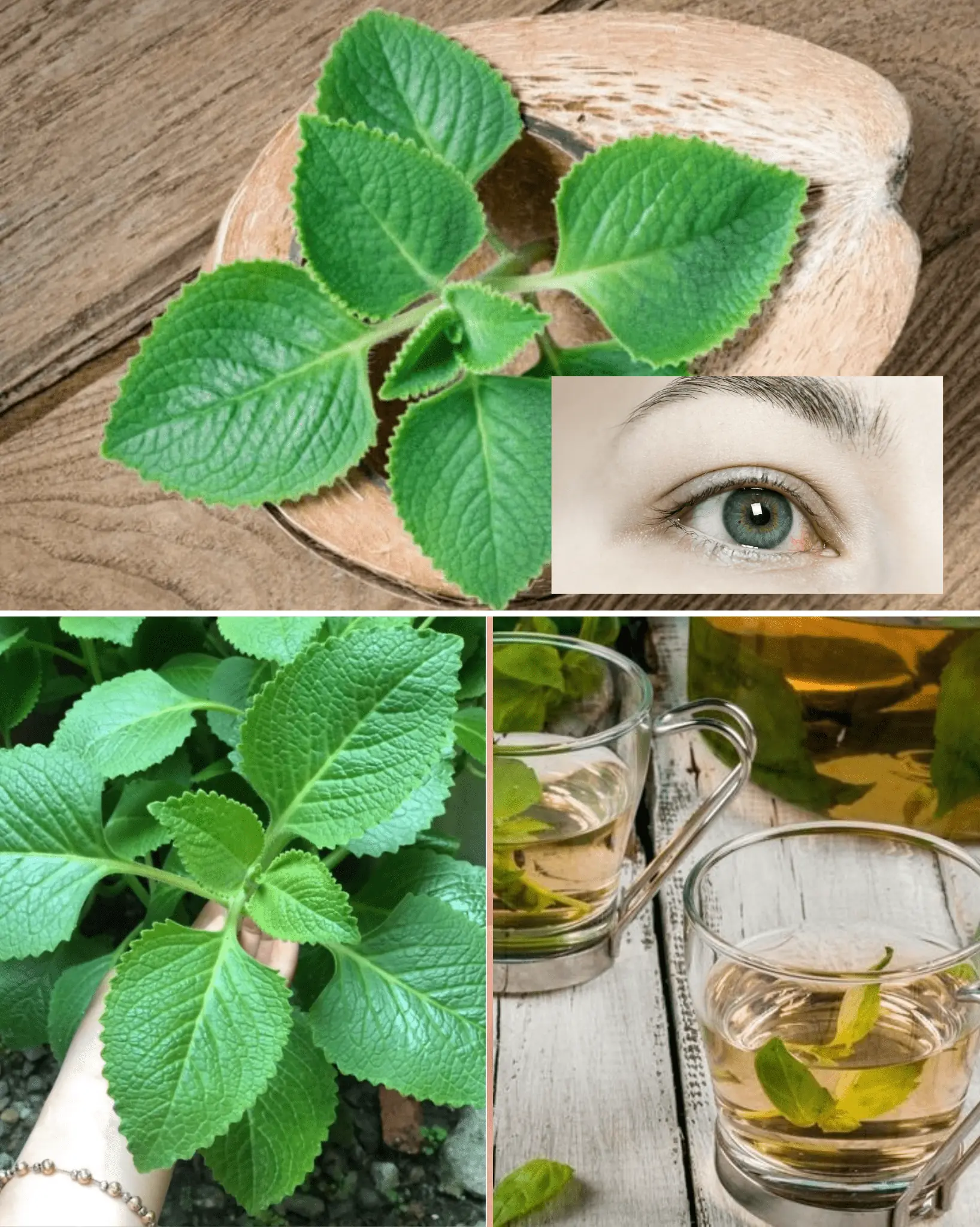
Pennyroyal Oregano: The Natural Remedy for Clearer Vision and Eye Health 👁️🌿
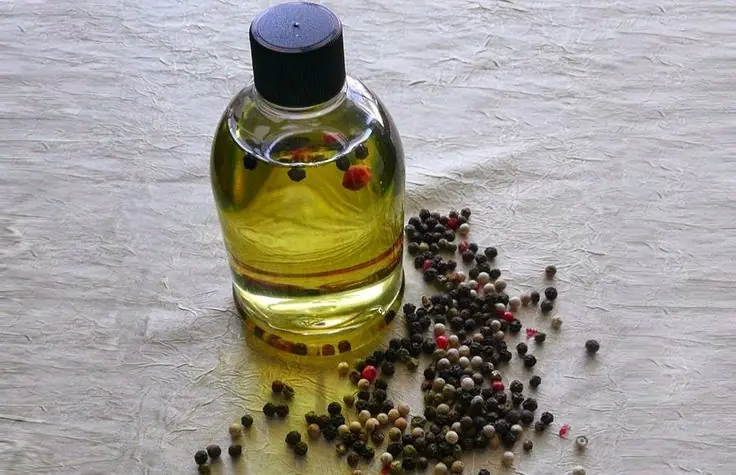
The oil that removes uric acid from the blood, heals anxiety, chronic arthritis, rheumatism, and stops cravings for cigarettes and alcohol

Revitalize Your Liver & Intestines in Just 3 Days with This Orange-Carrot Detox!

Castor Oil and Baking Soda: The Powerful Duo That Solves These 8 Health Problems—Here’s How!
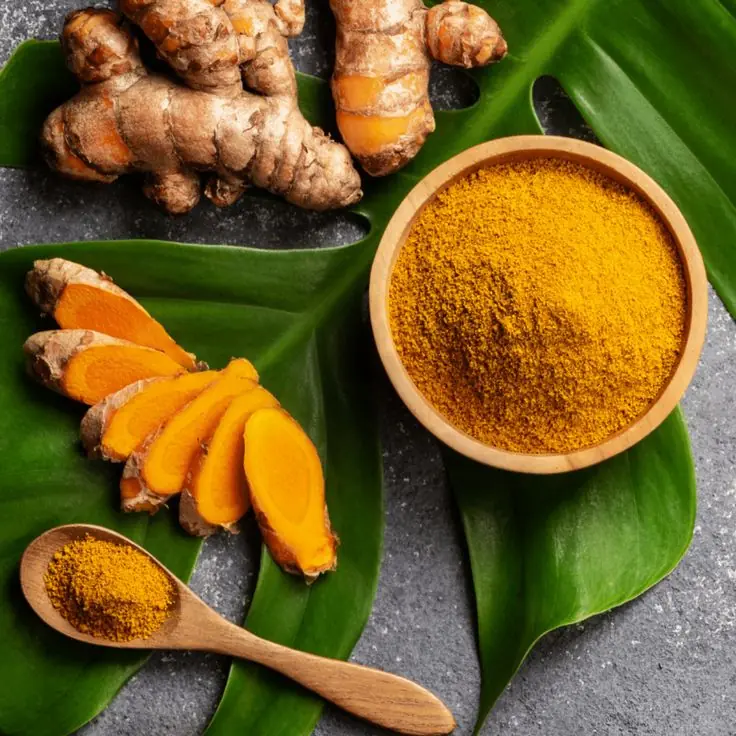
Golden Elixir: 15 Remarkable Health Benefits of Turmeric That Transform Your Well-Being
![[Warning] Top 6 Common Cardiovascular Diseases in Modern Society](https://newsent24hcom.8cache.com/newsent24hcom/images/2025/02/24/1740404778jpXyG2ryeu.webp)
[Warning] Top 6 Common Cardiovascular Diseases in Modern Society
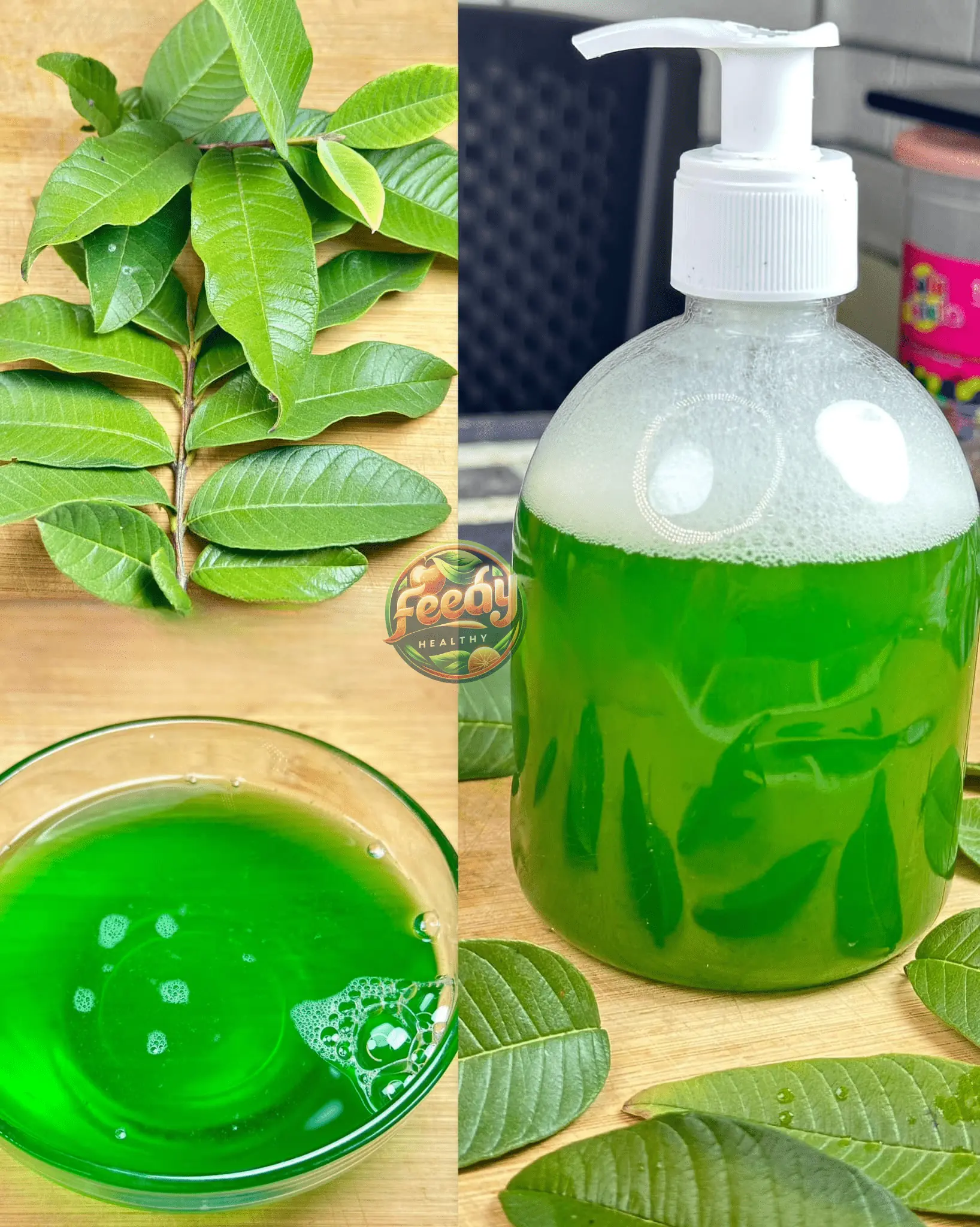
With this shampoo, you’ll put an end to hair loss and even stimulate hair growth on your forehead.
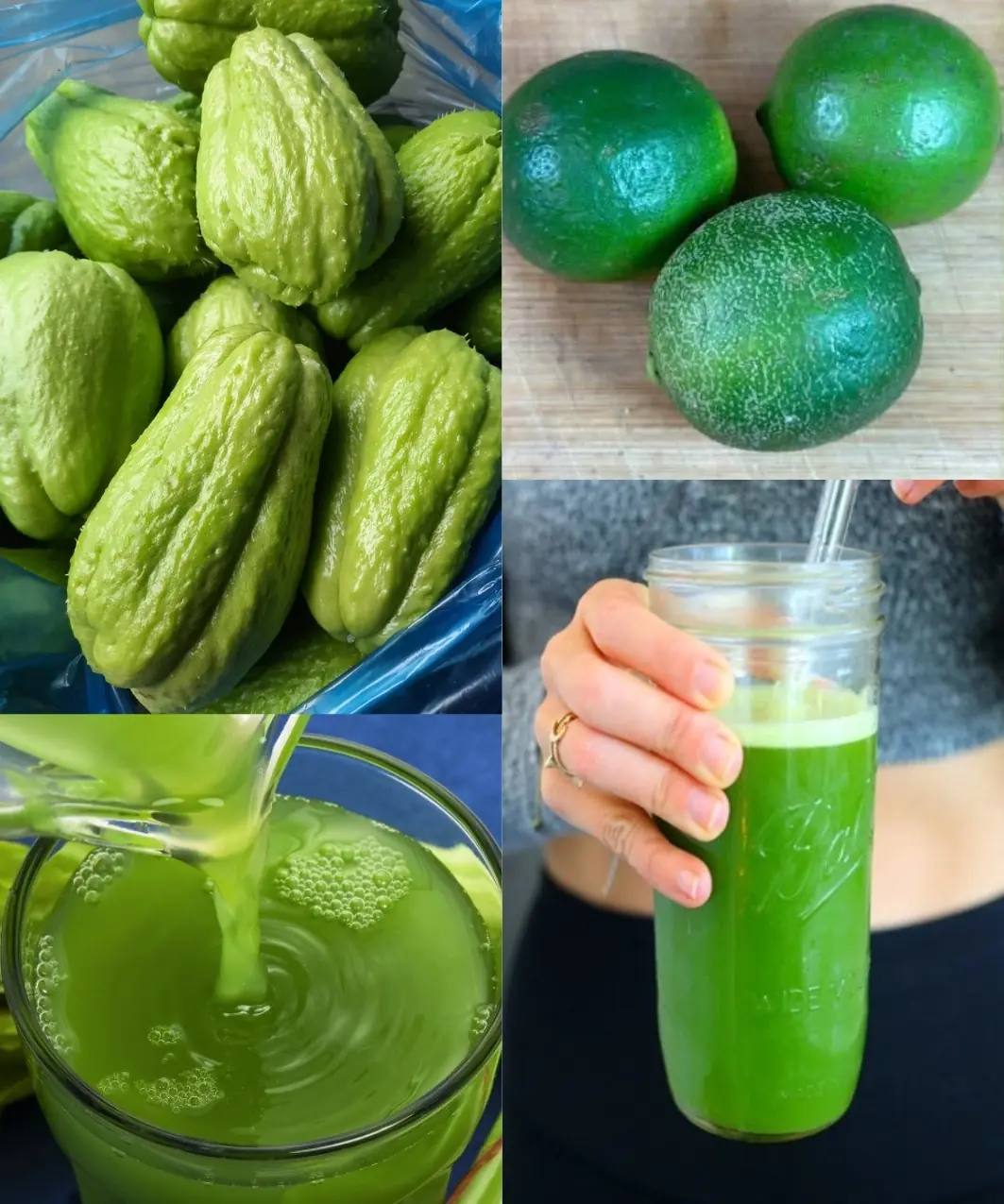
Chayote Juice: A Natural Remedy with 13 Remarkable Health Benefits
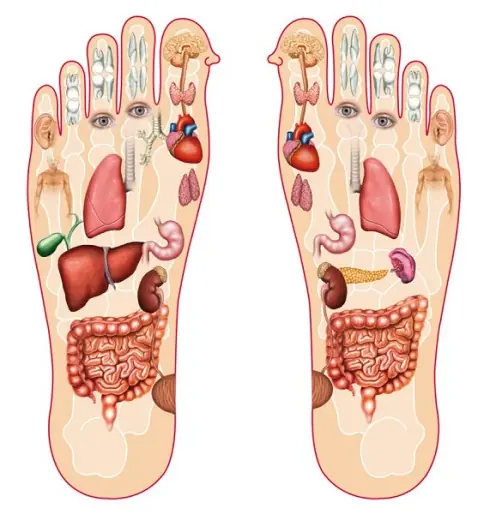
LISTEN TO YOUR BODY! Discover 10 subtle nutrient red flags and the easy fixes that can transform your health!

The Surprising Impact of Sleeping Pills on the Brain’s Cleaning System 🧠🛏️

What happens when you cook with aluminum foil? Read this before cooking with it

Revitalize Your Health: The Ultimate Beetroot & Lemon Detox Elixir for Colon Health and Weight Loss
News Post

Toothache Secrets Unveiled: 7 Surprising Natural Remedies to Soothe Your Pain

Natural Collagen Powder for Glowing Skin

Boost Collagen Naturally with Beetroot: The Secret to Youthful Skin & Strong Joints

The Drink That Heals All Your Illnesses in the Blink of an Eye – Just One Sip and Feel the Difference!

Enhance Your Lemon Tree’s Growth: Fertilization Tips for Juicy Lemons Until Autumn!
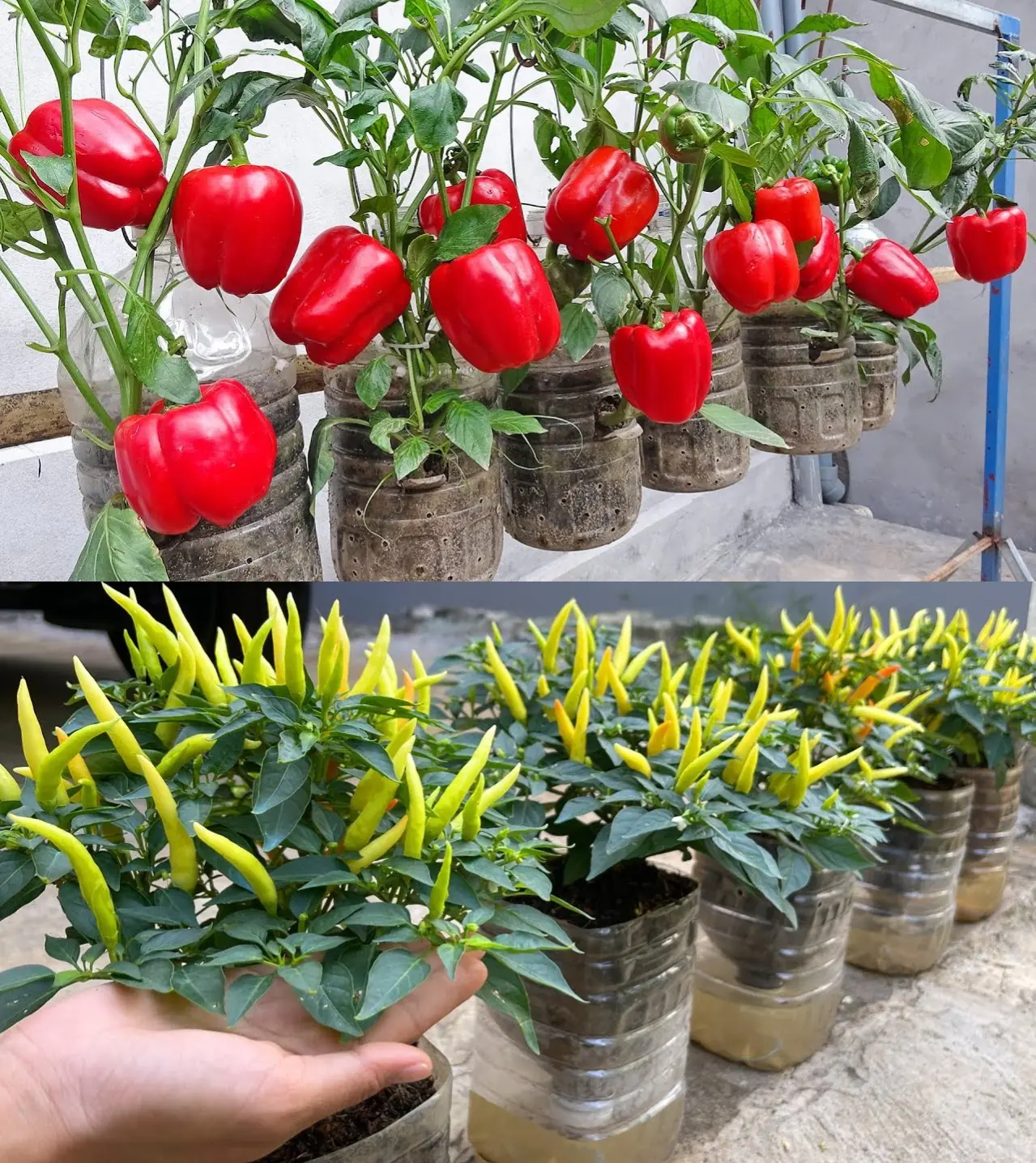
Unlock the Secret to Bountiful Harvests: Nourish Your Tomatoes, Peppers, and Cucumbers with the Right Nutrients
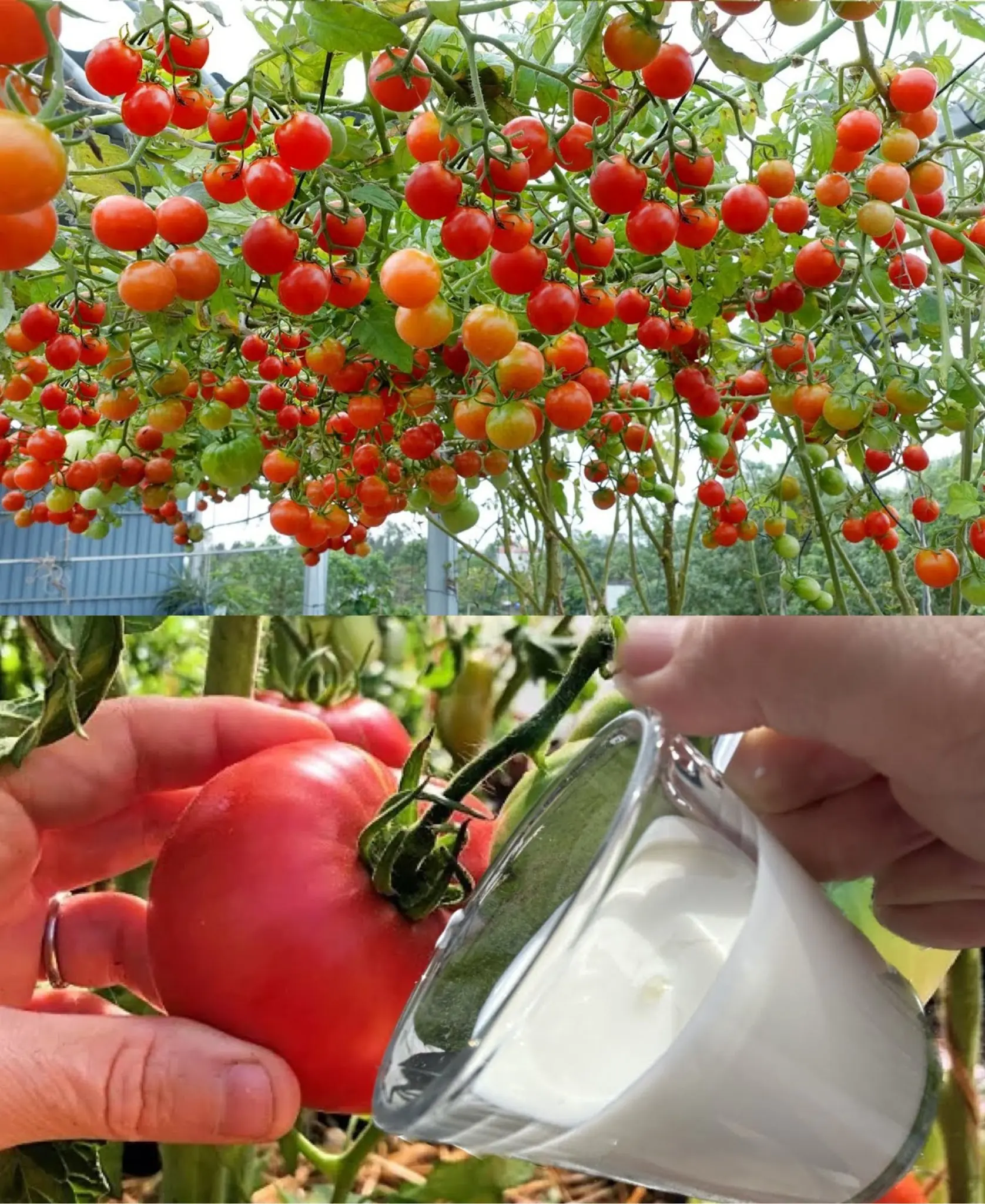
The 7 best fertilizers for your tomatoes – they will grow like never before!

Surprised With How To Grow Celery In Plastic Bottles Quickly | How To Grow Celery At Home

Top 5 Flooring Trends for 2025

Rotisserie Chicken Mushroom Soup: A Creamy, Comforting Delight! 🍗🍄

Irresistible Melting Ham & Cheese Puff Pastry Pockets: A Gourmet Savory Delight

Chocolate Chip Yogurt Cake (No Oven Needed)

Post-Holiday Fridge Cleanout: What You Should Toss Immediately

Easy-to-Grow Indoor Plants to Start the New Year

This is the drink that prevents prostate cancer, controls diabetes and poor circulation..

Unlock the Power of Garlic Before Bed – The Results Will Surprise You! 🌙💥 (Almost Nobody Knows!)

6 Cleaning Mistakes That Waste Your Time

Best Fluffy Pancakes – A Family Tradition to Kickstart Your Morning!
